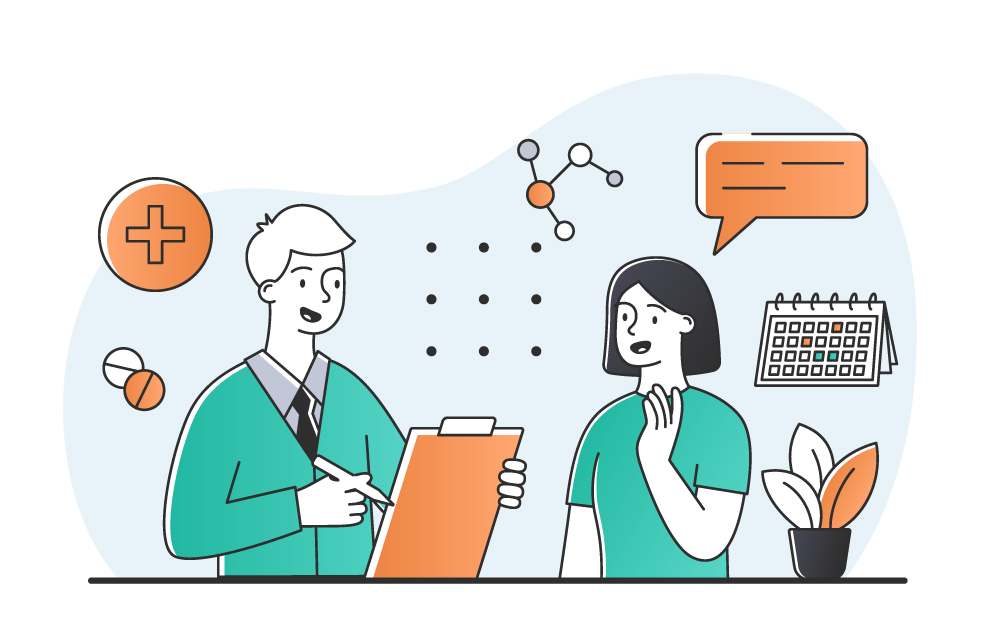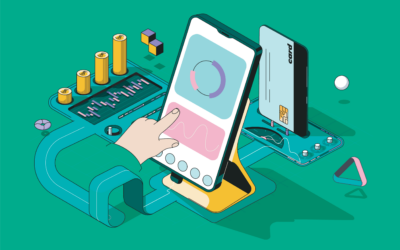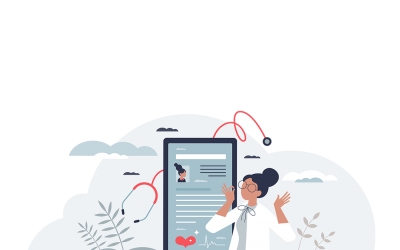Healthcare Contact Center

In the ever-evolving landscape of healthcare, efficient communication and patient care coordination have never been more crucial. Consequently, healthcare contact centers play a pivotal role in ensuring that patients receive timely and accurate information, scheduling assistance, and support for their healthcare needs. To deliver exceptional service and maintain compliance with healthcare regulations, it’s essential for healthcare contact centers to have specific features and capabilities. In this blog post, we’ll explore the vital features that every healthcare contact center should prioritize.
Secure Data Management
The cornerstone of a healthcare contact center is the protection of sensitive patient information. Therefore, robust security measures, such as encryption and access controls, are imperative to ensure compliance with HIPAA regulations. Data breaches can have severe consequences, both legally and for patient trust. Consequently, implementing top-tier security protocols is non-negotiable.
EHR Integration
Seamless integration with electronic health records (EHR) is crucial for a healthcare contact center. This feature allows agents to access patient information quickly and accurately, thereby enabling personalized and efficient service. Moreover, EHR integration also aids in reducing the risk of data entry errors, enhancing overall data accuracy and patient care quality.
Multi-Channel Communication
Patients have diverse communication preferences. As a result, a healthcare contact center should support multiple channels, including phone, email, chat, and SMS, to meet patients where they are comfortable. Consequently, this ensures that patients can easily reach out and receive assistance in the manner they prefer, improving accessibility and satisfaction.
Appointment Scheduling and Reminders
Efficient appointment scheduling and reminders can significantly improve patient adherence to treatment plans. Contact centers should offer features that allow patients to schedule appointments, receive reminders, and reschedule when necessary. Thus, reducing no-shows and optimizing clinic resources. This not only enhances patient compliance but also streamlines clinic operations.
Knowledge Base and Decision Support
Agents should have access to a comprehensive knowledge base and decision support tools to provide accurate information and guidance to patients. This feature ensures that agents can answer inquiries confidently and help patients make informed healthcare decisions. Consequently, it boosts the quality of service provided.
Call Routing and Triage
Effective call routing and triage capabilities are essential to direct calls to the most appropriate agents or departments. This feature ensures that urgent medical issues are prioritized while efficiently handling routine inquiries. As a result, it improves the overall efficiency and responsiveness of the contact center.
Performance Analytics and Reporting
Data-driven insights are essential for continuous improvement. Therefore, healthcare contact centers should provide analytics and reporting tools to track key performance indicators, monitor agent performance, and identify areas for optimization. These insights enable management to make informed decisions and enhance service delivery.
Language and Accessibility Support
A healthcare contact center must cater to a diverse patient population. Thus, offering multilingual support and accessibility features, such as TTY (text telephone) support for hearing-impaired patients, ensures that every patient can access care and assistance. This inclusivity is vital for providing equitable healthcare services.
Call Recording and Quality Monitoring
Recording and monitoring calls can help maintain service quality, ensure compliance, and provide valuable training opportunities for agents. Consequently, this feature is essential for continuous quality improvement and accountability within the contact center.
Disaster Recovery and Business Continuity
Healthcare contact centers must be prepared for unforeseen events. Therefore, robust disaster recovery and business continuity plans, including data backup and redundancy, help ensure uninterrupted service even during emergencies. This preparedness is crucial for maintaining service continuity and patient trust.
Healthcare Contact Center
In conclusion, a well-equipped healthcare contact center is essential for delivering high-quality patient care and ensuring compliance with healthcare regulations. By investing in these vital features, healthcare organizations can enhance patient satisfaction, streamline operations, and provide a more accessible and responsive healthcare experience. As the healthcare landscape continues to evolve, healthcare contact centers must adapt and leverage technology to meet the growing demands of patients and providers alike.
Reach out to our team today to learn how our solutions can help you provide exceptional patient care and stay ahead of the competition. Contact us now for a personalized consultation!
Categories
- Agent Performance & Training
- AI solutions
- Business Growth
- Call Center Performance & Productivity
- Call Center Software Platform
- Call Center Technology & AI Integration
- Call Center Training
- Call Center Workforce Management
- Call Monitoring
- Cloud-Based Solutions
- Customer Experience
- Data Security
- General
- Insights
- Integrated Customer Service
- News
- Omnichannel Communication Strategy
- Omnichannel Support
- Tech


